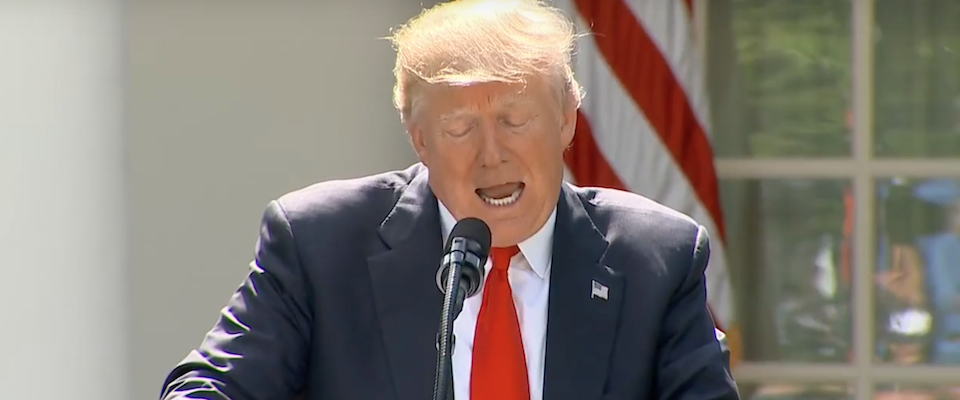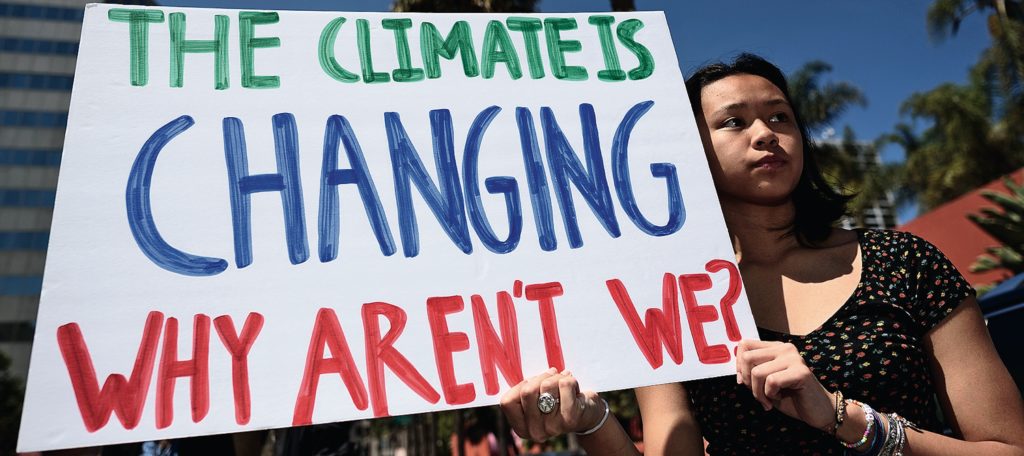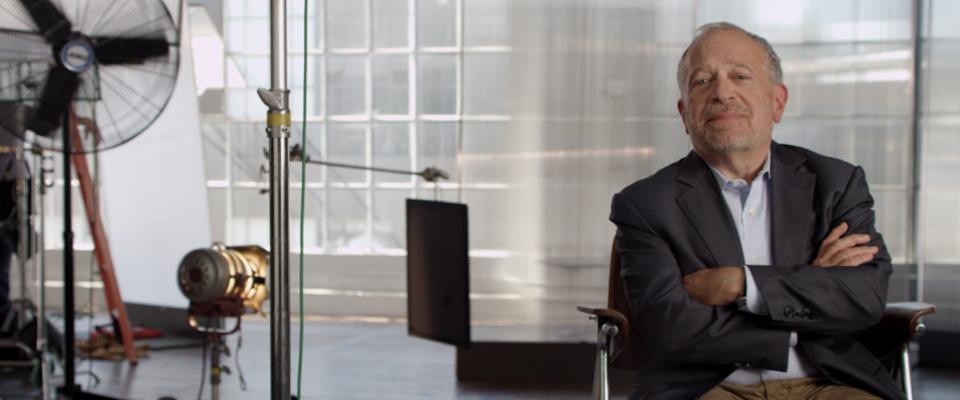Today, standing amongst the vibrant natural beauty of the White House Rose Garden, Trump said America will be “getting out” of the Paris Accord, an agreement among 195 countries to gradually reduce climate change to protect nature. Feeling the heat of this decision, UC Berkeley professors take to the Internet to explain what “getting out” of the agreement will get us into.
+ Robert Reich, the chancellor’s professor of public policy at Berkeley who has long opposed many of Trump’s policies, wrote that this withdrawal will “anger America’s other allies around the world and produce a wave of anti-Americanism” all to Russia’s advantage. He added that “nothing would satisfy [Putin] more than isolating the United States.”
And, today, in a Facebook post addressed to “the rest of the world,” Reich wrote (on America’s behalf):
“We apologize. We understand our responsibilities as human beings who share this planet with you. This is temporary. Donald Trump doesn’t reflect the views of most Americans. Most of us didn’t even vote for him. We are doing everything we possibly can to remove him from office as soon as legally possible. And when we do, America will once again be a responsible nation.”

+ Berkeley economist Solomon Hsiang describes the withdrawal as “bad business,” saying:
“Putting national resources further into coal while China takes the lead in solar,” Hsiang says. “Is like investing in building a better horse-drawn carriage back when Henry Ford was investing in mass producing cars.”
Whoa.
+ And while technically the U.S. can’t pull out of the accord until November 2019, Berkeley climate scientist Zeke Hausfather says Trump has the option to withdraw from the treaty on which the accord was based—the United Nations Framework Convention on Climate Change—and that proccess would take only a year.
The world can wait.





















